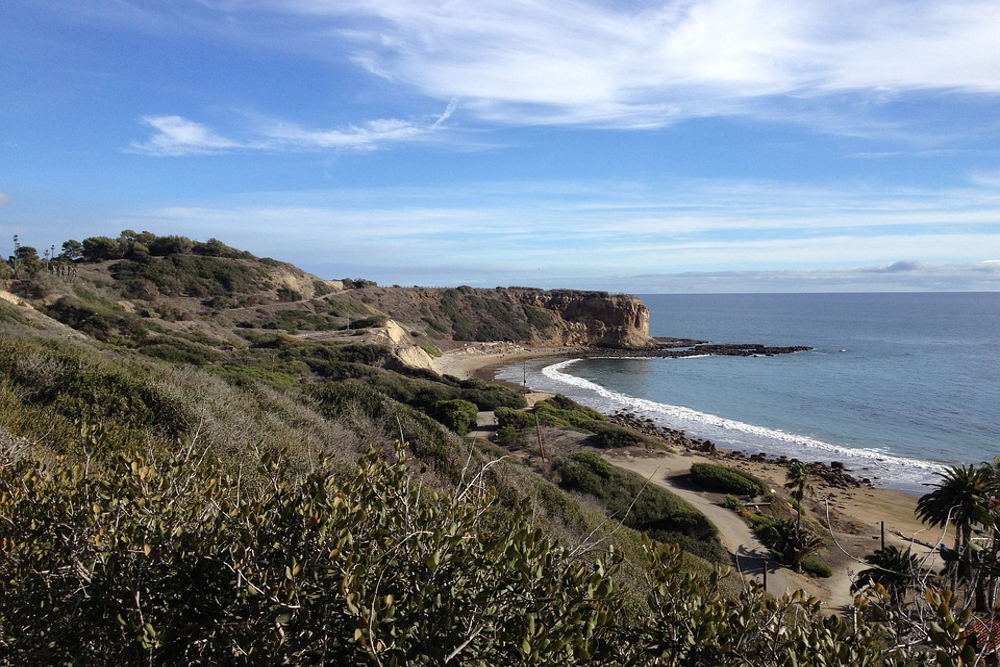
Monsanto, California Battle Over Listing Glyphosate as a Carcinogen
Next week, Monsanto and California's Environmental Protection Agency's Office of Environmental Health Hazard Assessment (OEHHA) will face off over the agency's plan to list the herbicide glyphosate as a carcinogen. The outcome of this legal battle could have major ramifications to California's long-established regulatory program.
January 18, 2017 | Source: EcoWatch | by Lorraine Chow
Next week, Monsanto and California's Environmental Protection Agency's Office of Environmental Health Hazard Assessment (OEHHA) will face off over the agency's plan to list the herbicide glyphosate as a carcinogen. The outcome of this legal battle could have major ramifications to California's long-established regulatory program.
It all started back in Sept. 2015 when the OEHHA issued a notice of intent to list the chemical as known to the state to cause cancer under the Safe Drinking Water and Toxic Enforcement Act of 1986, commonly known as Proposition 65. The OEHHA determined that glyphosate met the criteria under the "Labor Code" listing mechanism, which directs the office to add a chemical or substance to the Prop 65 list of known carcinogens if it meets certain classifications by the World Health Organization's International Agency for Research on Cancer (IARC). The France-based IARC concluded that glyphosate is "probably carcinogenic to humans (Group 2A)" in March 2015.
Monsanto then filed a lawsuit against the OEHHA in January 2016 to prevent the listing, arguing that the Labor Code listing mechanism is unconstitutional because the office delegated law-making authority "to an unelected and non-transparent foreign body that is not under the oversight or control of any federal or state government entity."
Glyphosate happens to be the main ingredient in Monsanto's Roundup, the world's most popular herbicide. The chemical is applied onto "Roundup Ready" crops that are genetically modified to resist applications of the spray. The agribusiness giant has long maintained the safety of their flagship product and has vehemently denied glyphosate's link to cancer and has also demanded a retraction of the IARC's report. The company's lawsuit also cited the OEHHA's own 2007 study concluding that the chemical was unlikely to cause cancer.
